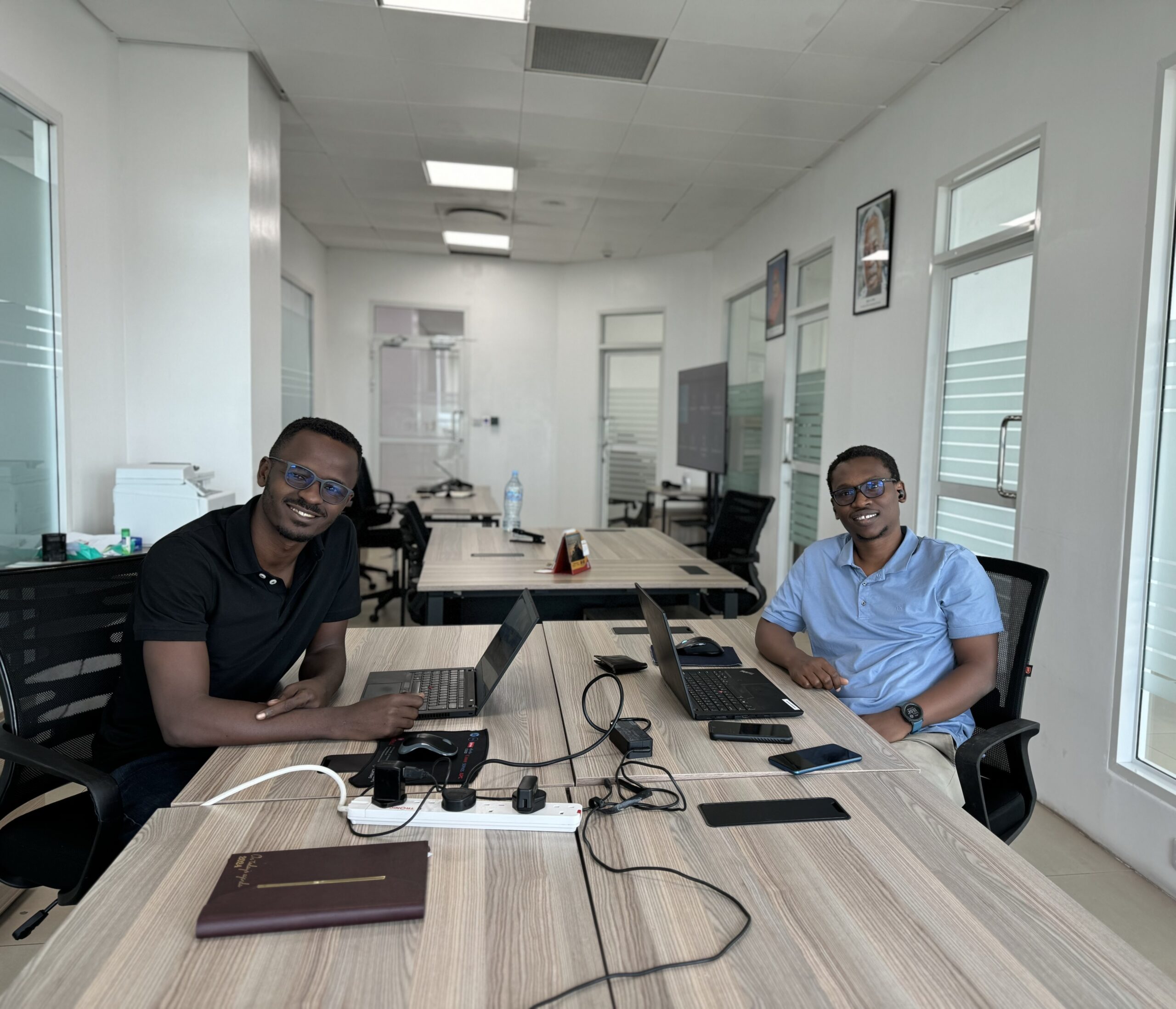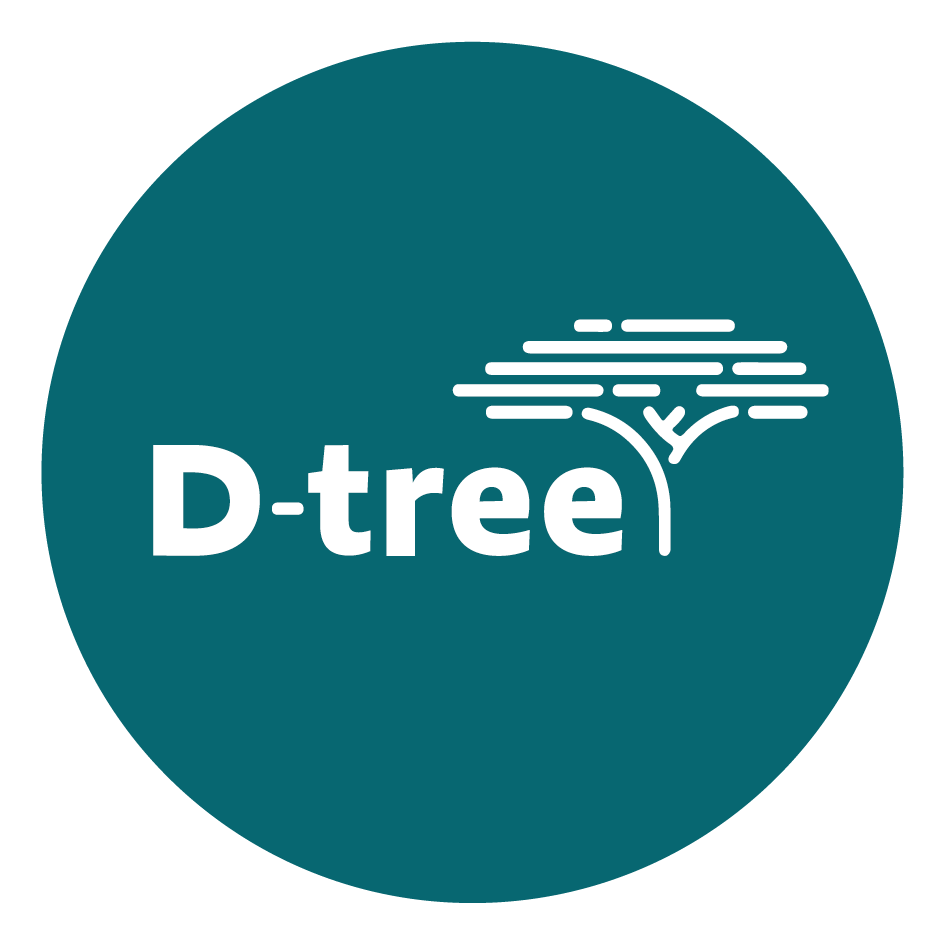With experts in health and technology, D-tree develops digital solutions that strengthen health systems with people at the center, making them more personalized, accessible and coordinated. In this blog, we put the spotlight on our tech team in mainland Tanzania.
Over the last two decades, as digital health has become widely recognized as instrumental to achieving health for all and D-tree’s experience has grown across many countries, our strategy has developed too. We have moved beyond developing apps in a specific technology platform to becoming a complete health system partner to governments, from ideation to implementation and integration to the national health system. We support the governments in the designing, building and implementation of digital health programs that are focused on the needs of the people who use them.
Isaya Mollel, Engineering Manager, and Kassim Shegembe, Senior Software Engineer, sit in D-tree’s office in Dar es Salaam, and in the last months, they have been busy working on improving the technology that supports our flagship project, Afya-Tek. Afya-Tek improves maternal, child, and adolescent health by enhancing the quality and coordination of healthcare, and the use of data across the public and private health system. It digitally links three key providers: community health workers, Accredited Drug Dispensing Outlets (drug outlets), and health facilities.
The focus over the past months has been to explore how the system can provide more value for the drug outlets, and then act on those recommendations and improve the system.
We work in cross-collaboration with program teams and partners. They come to us with what changes they want for the system and our role is to implement those. But we are also part of discussions on how to capture needs and wants in the technology, says Isaya.

The new updates will support the drug outlets in their business operations, including providing insights on the stock of life-saving medicine. These updates will also provide health actors with important data on the demand and barriers to access to medication.
We started development toward the end of November and have finished the first set of activities, including feedback from our partner Apotheker and user testing with the drug outlets, and finally released it only a couple of weeks ago, says Kassim.
At the same time, the tech team is also busy on other projects and working with our program teams to understand what is possible and not, from a technology perspective, as well as visiting projects to better understand the challenges and opportunities.
What is different about how our tech team works is the close engagement with the program team, the ministries, partners, and even donors. We are fully available to advise on the technology during the project design and proposal development processes and throughout implementation. We also visit the implementation sites to better understand directly from users how the tools work and how they interact with the tool. But a typical day often starts with a tech team meeting, and the rest of the day is spent on development – writing code, reviewing code, and testing, says Isaya.
Isaya and Kassim both enjoy their jobs, especially seeing how a concrete product is having an impact on people’s lives.
I enjoy the process and how everything comes together, from partner discussions and requirements to the end product. In the beginning, you always have a limited idea of the end product, and then this shapes into something concrete, says Isaya.
The potential impact on people’s lives is the best part of my job. Knowing that the code you write is being used by community health workers and has the potential to save lives, says Kassim.
By the end of 2025, we see Afya-Tek as an integral part of the Tanzania primary health system improving the lives of nearly 60 million people and making high-quality healthcare a reality for all. But we will not stop there. We will continue to work to improve the health system in Tanzania as well as explore how the Afya-Tek approach can be adapted and applied to other countries.
In 2023, Afya-Tek had 242,000 registered users, and 89 % of referrals were completed. Stay in touch with our team and work by signing up to our newsletter here: https://eepurl.com/dnYta5.

